Venezuela's Ruling Party Claims Landslide Victory Amid Opposition Boycott
President Maduro's PSUV wins 23 of 24 governorships and a vast legislative majority in controversial elections largely shunned by opposition parties.Venezuela's ruling party is celebrating what it calls a resounding win in regional and parliamentary elections that were largely boycotted by the opposition. The United Socialist Party of Venezuela (PSUV), led by President Nicolás Maduro, claimed control of 23 out of 24 governorships and secured a dominant share of the National Assembly seats, according to the government-aligned National Electoral Council (CNE).
The CNE announced that PSUV candidates received over 82% of the vote for the National Assembly, cementing the party’s grip on power. Turnout, it said, stood at 42.6%, though opposition leaders and independent observers dispute that figure.
María Corina Machado, a prominent opposition figure barred from running for office and now in hiding, dismissed the elections as a sham. “More than 85% of Venezuelans did not obey this regime and said 'no',” she said, insisting that the majority stayed home in protest. Independent journalists reported near-empty polling stations, further fueling skepticism about the CNE’s turnout claims.
The opposition has long questioned the independence of the CNE, currently headed by Elvis Amoroso, a former advisor to Maduro. The council faced international condemnation in 2024 after announcing Maduro’s presidential victory without releasing full voting data. In contrast, the opposition presented evidence suggesting their candidate, Edmundo González, had actually won the presidential vote. González later fled to Spain amid a wave of arrests targeting opposition figures.
Following the disputed presidential results, Machado advocated for a boycott of the May 25 elections, arguing that new votes should not take place until the 2024 presidential results are respected. “We voted on 28 July. On 25 May, we won't vote,” she reiterated in a video message.
Despite the boycott, some opposition figures chose to participate, including Henrique Capriles, Zulia governor Manuel Rosales, and Juan Requesens. Capriles defended his decision as an act of resistance, saying: “Voting in Venezuela is an expression of not giving up.”
Their participation drew criticism from Machado and her allies, who accused them of undermining the opposition’s unified stance. Nevertheless, Capriles and two other members of his party, A New Era (UNT), were elected to the National Assembly.
President Maduro hailed the election outcome as a victory for “peace and stability,” noting PSUV’s recovery of strategic states like Barinas, the birthplace of the late President Hugo Chávez. The opposition retained only one governorship, in the state of Cojedes, where Alberto Galíndez was re-elected.
The vote was conducted under a climate of repression, with over 70 individuals linked to the opposition arrested in the lead-up to election day. Among them was Juan Pablo Guanipa, an ally of Machado, who was accused of planning sabotage attacks. Machado condemned the arrests as “state terrorism.”
In a controversial move, Venezuela also held a symbolic election for representatives of the Essequibo region—a territory administered by Guyana but claimed by Caracas. The International Court of Justice had ordered Venezuela not to proceed with the vote, a directive the Maduro government ignored. Voting took place not in the disputed region but in a newly created district on the Venezuelan side of the border. Admiral Neil Villamizar, a Maduro loyalist, was declared the “governor of Essequibo,” though he holds no real authority over the area.
Guyana’s President Irfaan Ali blasted the election as a “scandalous and propagandistic” act, vowing to defend his country’s sovereignty.
The results underscore the deep political divisions in Venezuela, with the opposition facing internal fractures and state-backed suppression, while the ruling party consolidates its hold on power despite widespread international and domestic criticism.


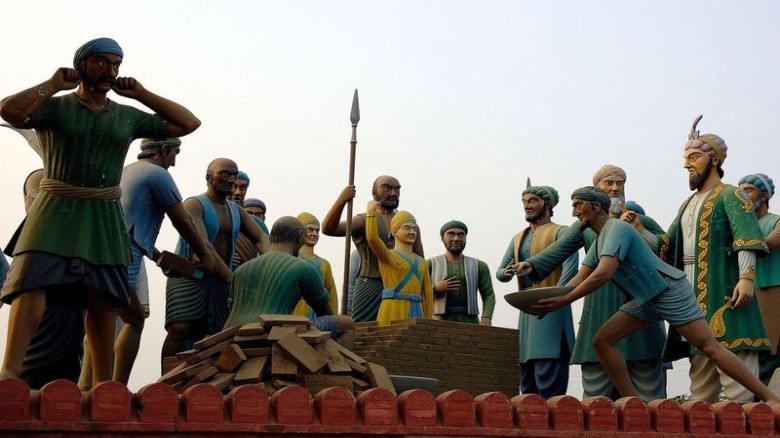
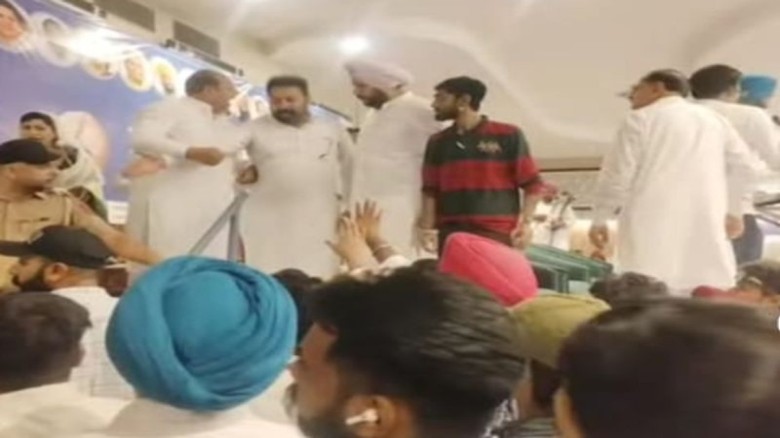
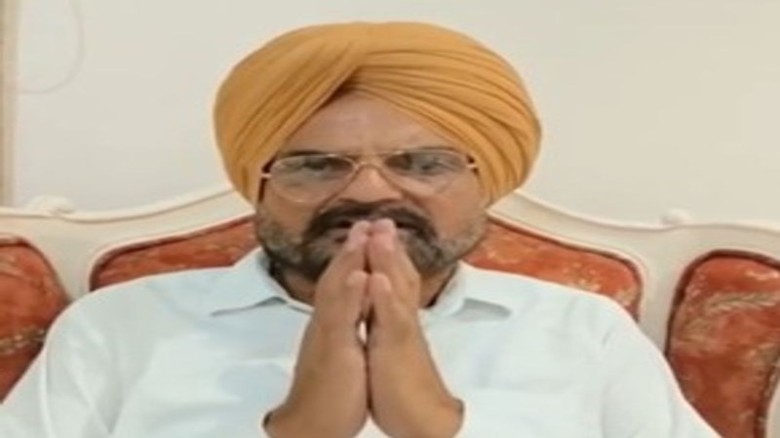
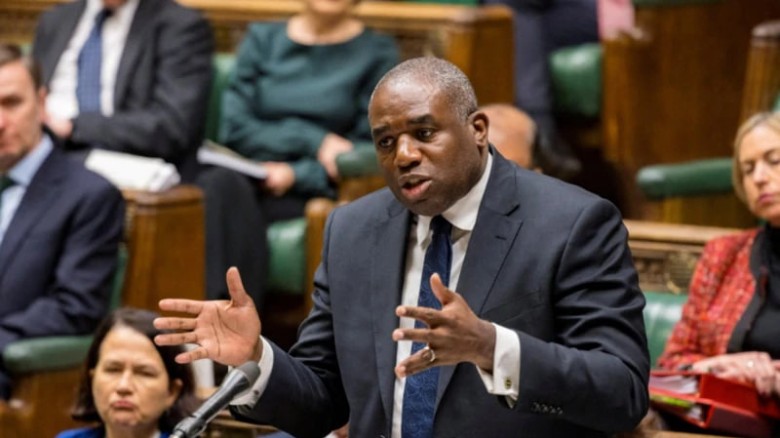
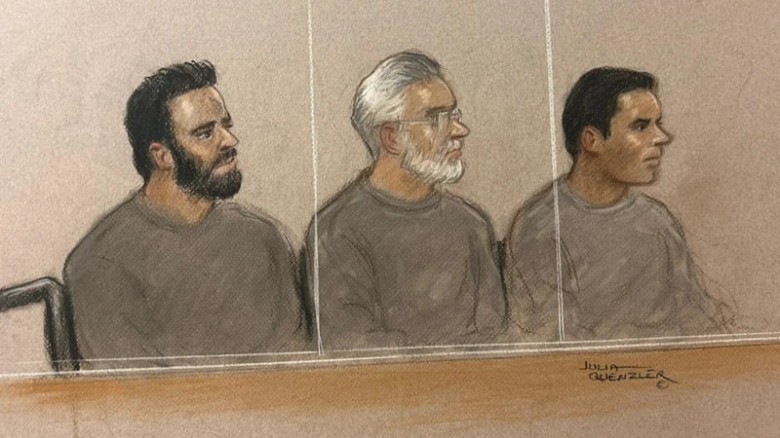


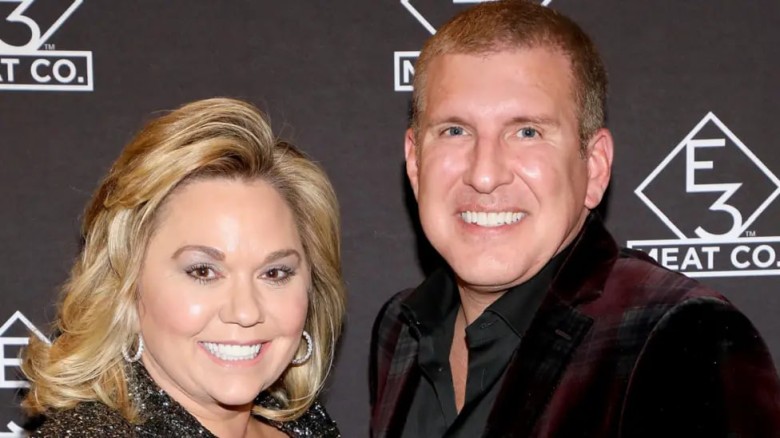
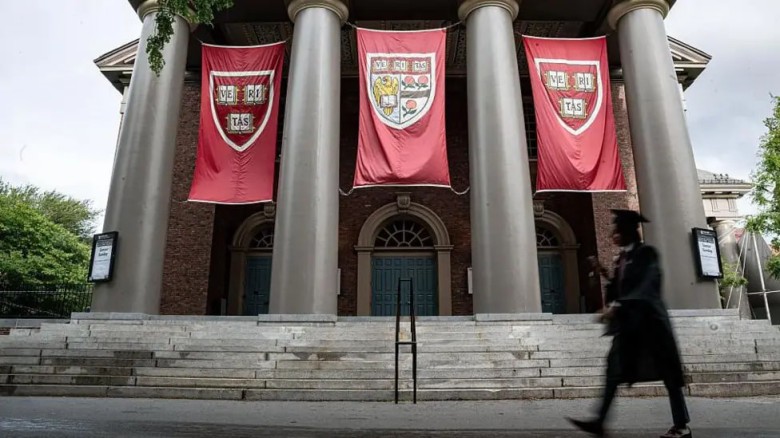
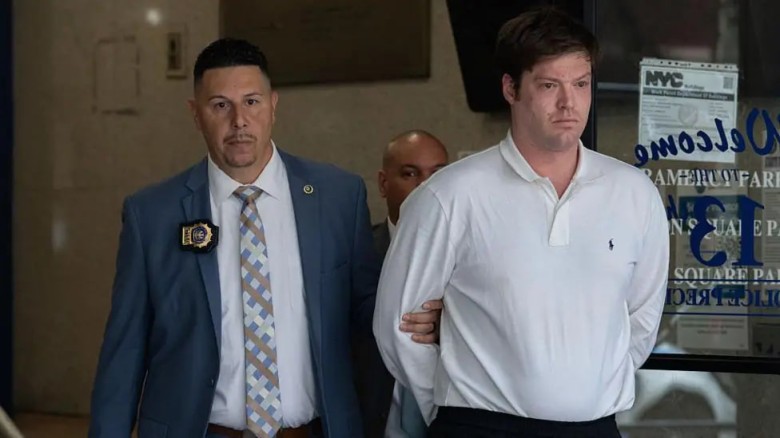
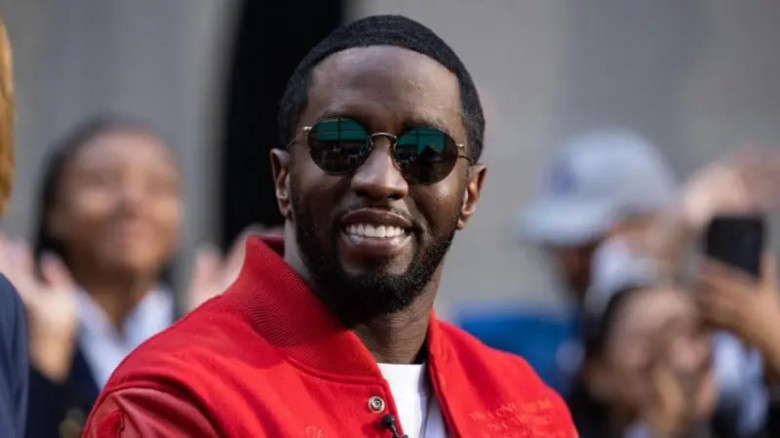
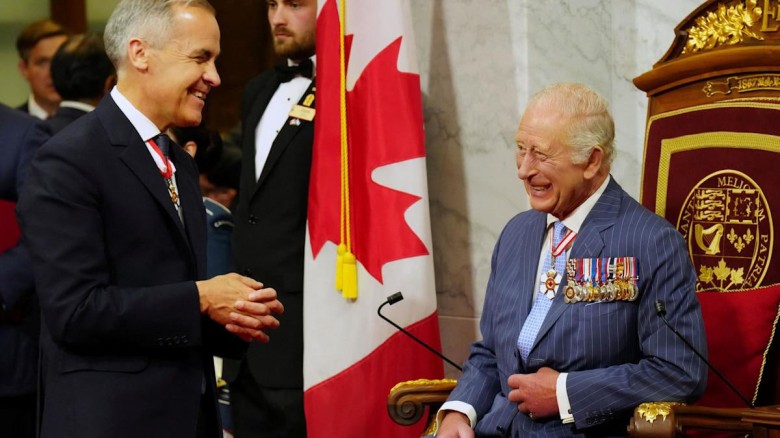
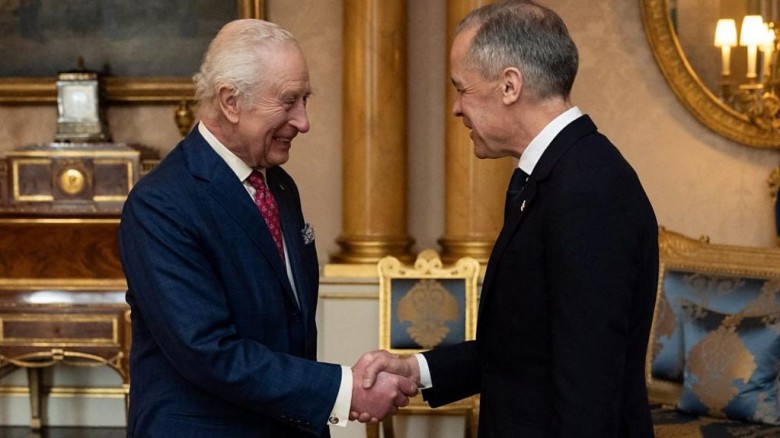


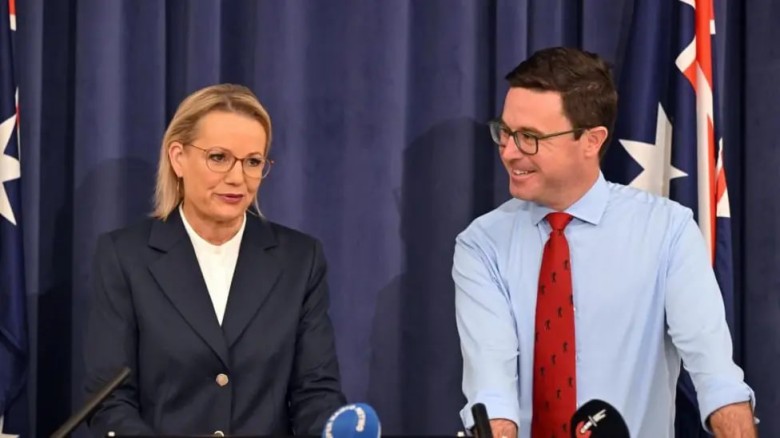


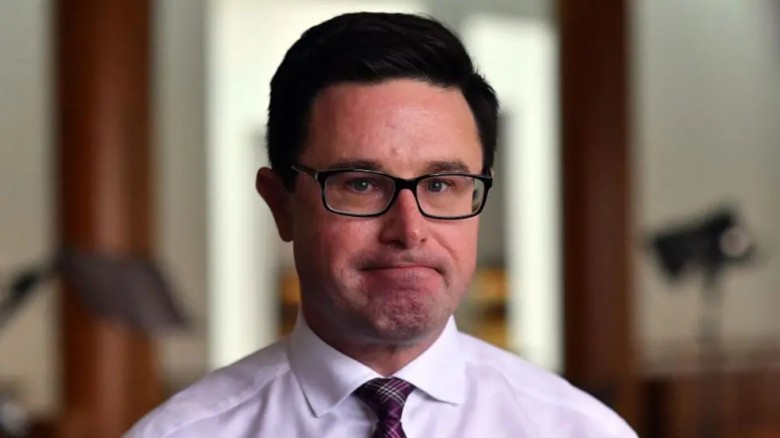
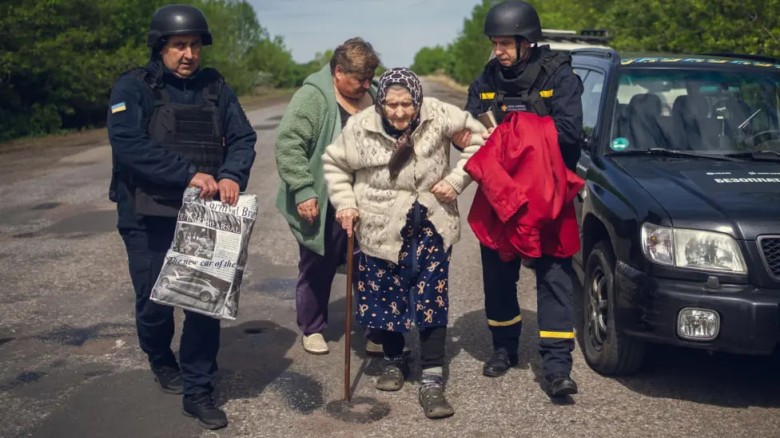
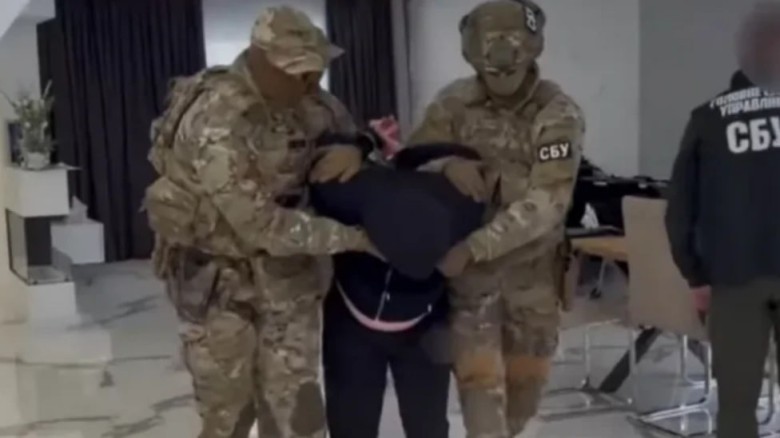
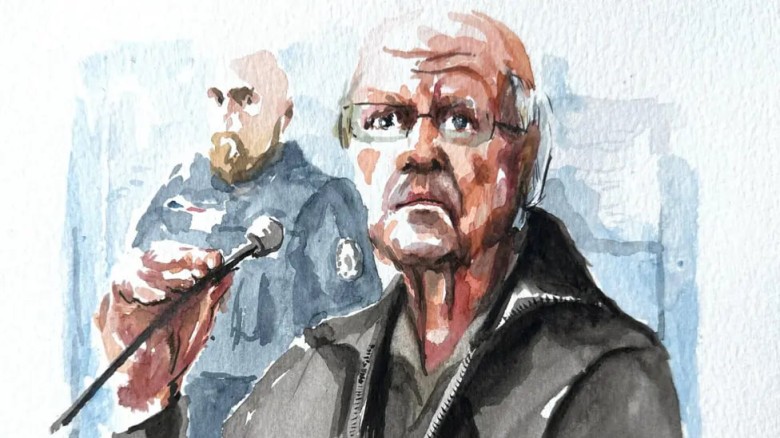
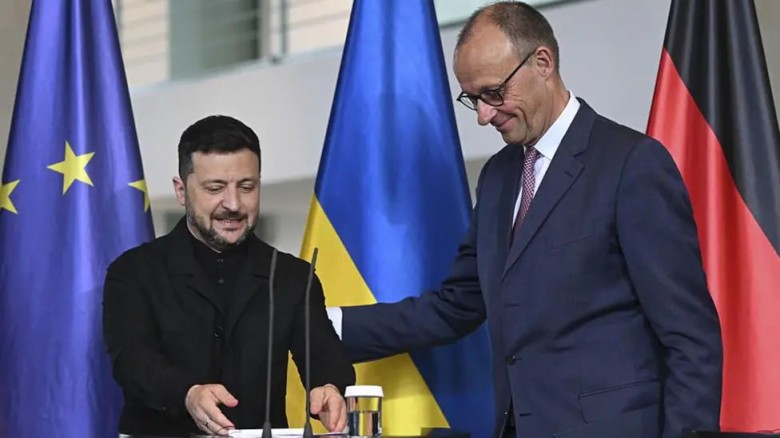
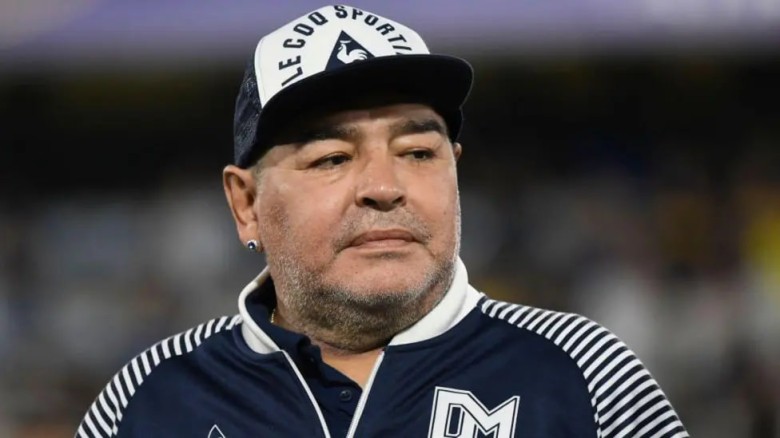
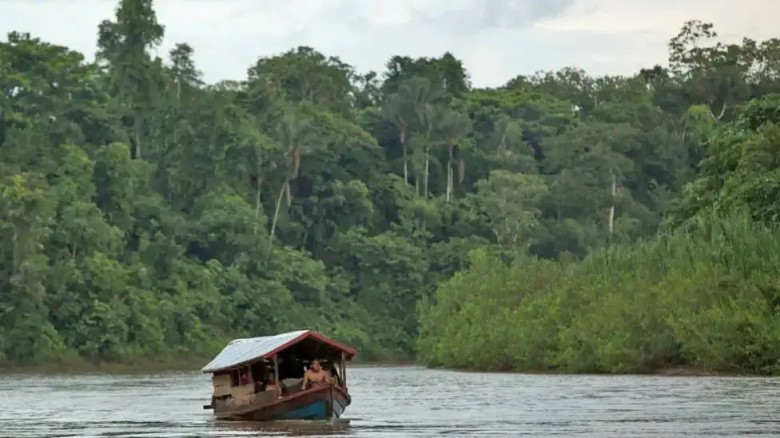
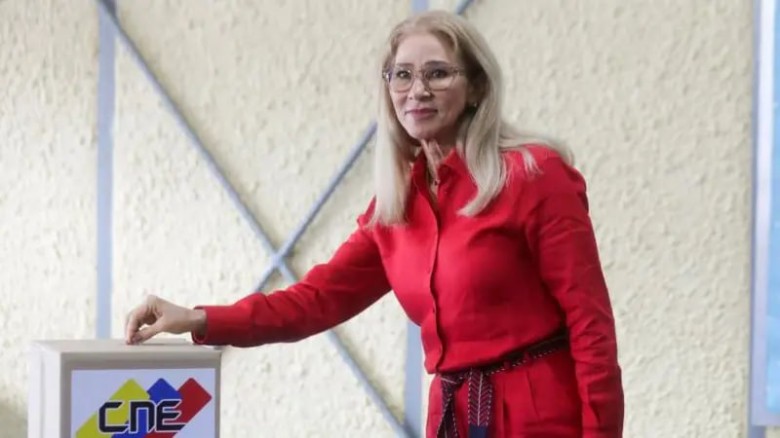
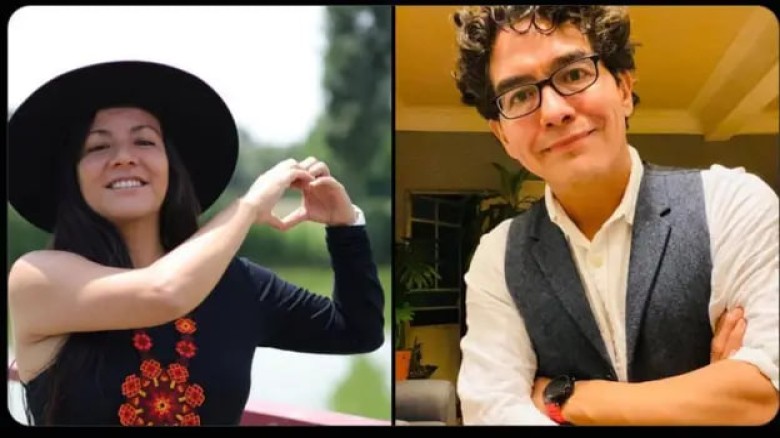
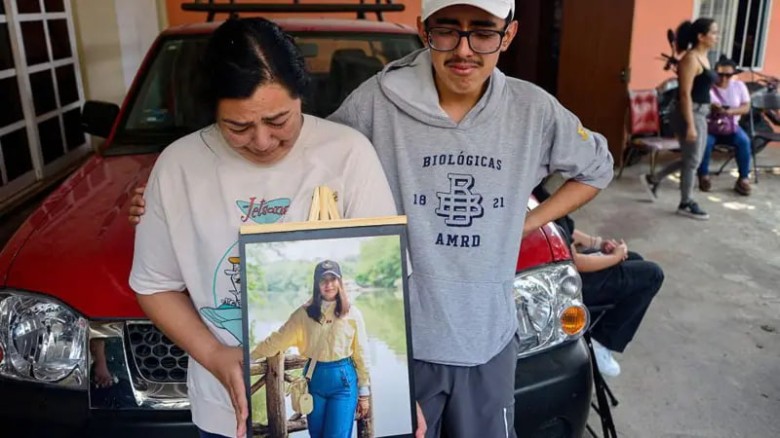








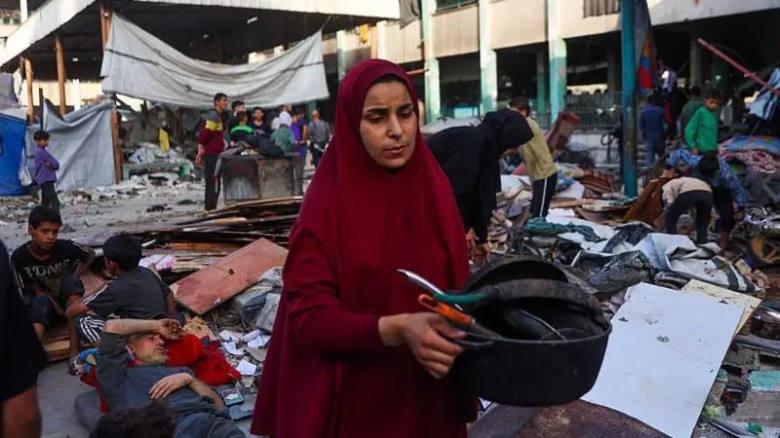
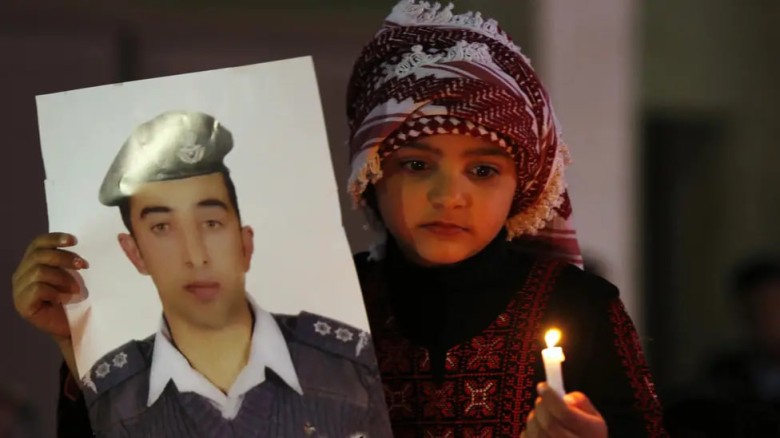
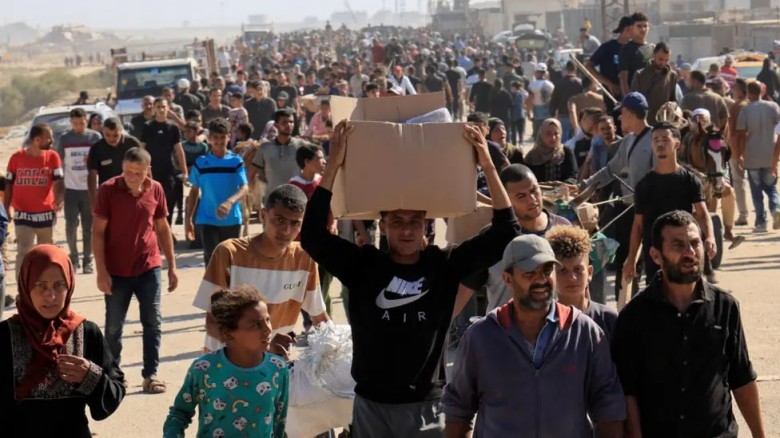








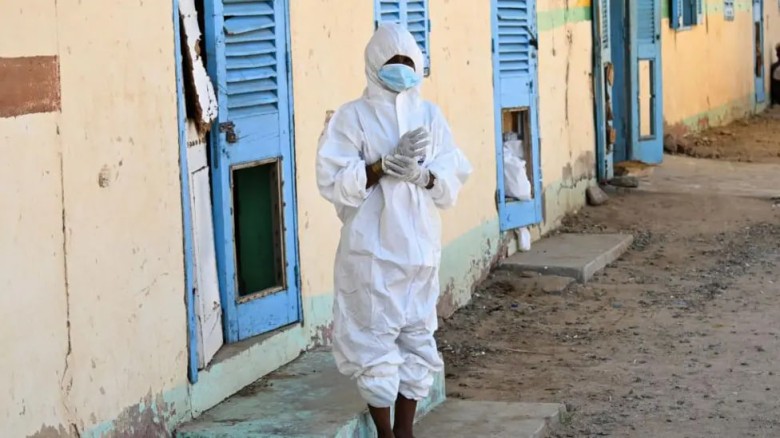
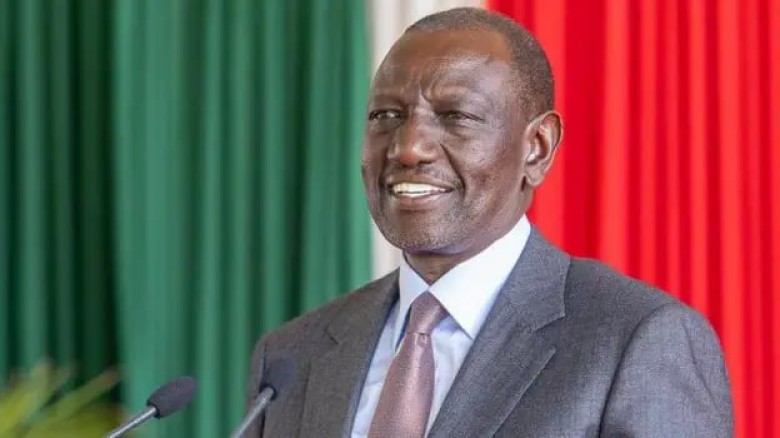
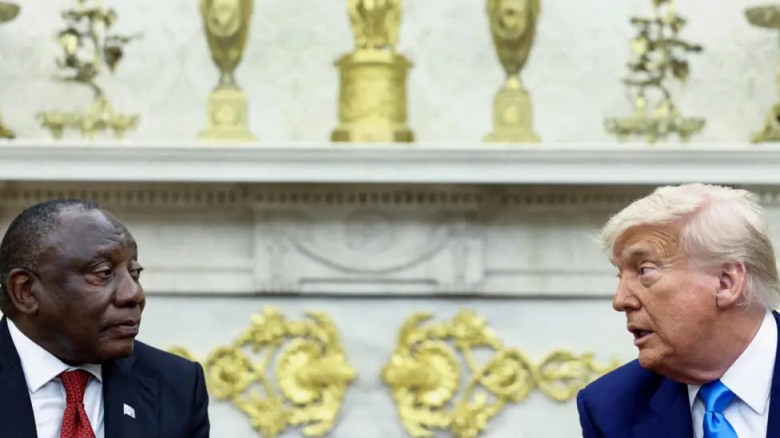
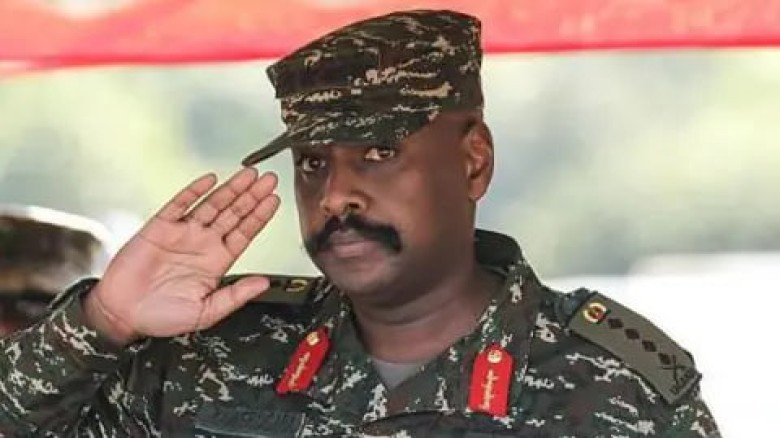



















Leave A Comment